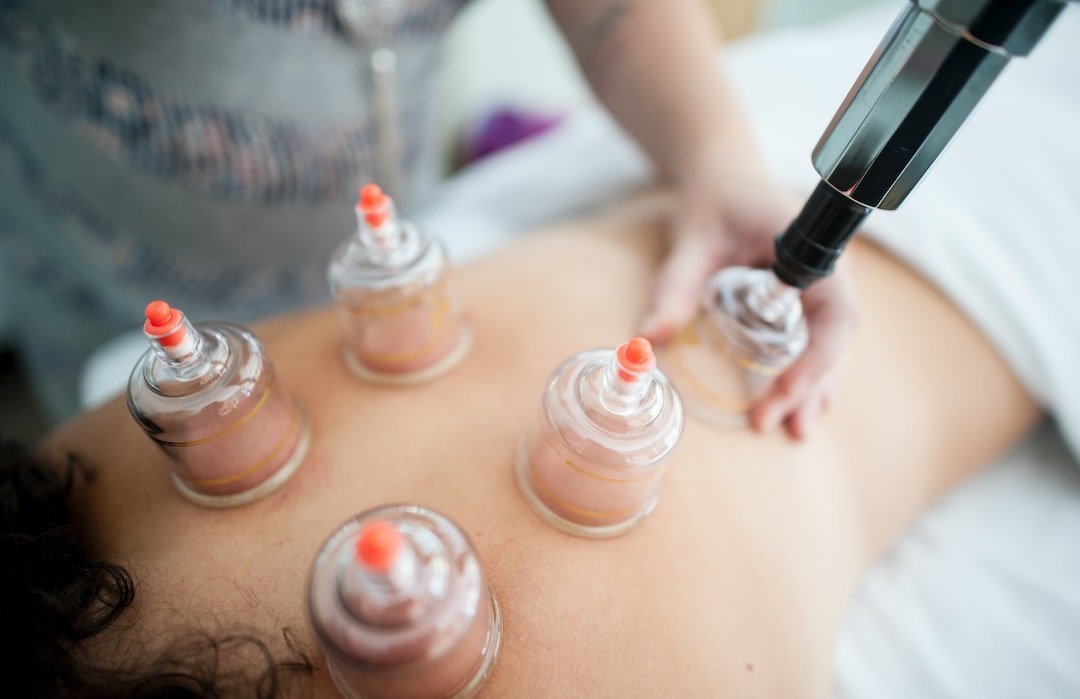
SOFT TISSUE THERAPY
Cupping Therapy
Cupping therapy is an ancient healing practice that has gained widespread attention in modern health and wellness circles. Known for its unique ability to relieve pain and promote recovery, cupping therapy is often paired with other treatments, such as chiropractic adjustments, to enhance results.
What Is Cupping Therapy?
Cupping therapy involves placing special cups on the skin to create suction. This suction promotes increased blood flow, loosens tight muscles, and encourages the body’s natural healing processes. It is rooted in traditional Chinese medicine but has been adapted to modern therapeutic practices. The cups, which can be made of glass, silicone, or plastic, are typically applied to the back, shoulders, or other areas of tension or discomfort.
Benefits of Cupping Therapy
1. Improved Blood Circulation: Cupping increases blood flow to the affected area, delivering oxygen and nutrients to tissues while aiding in the removal of toxins.
2. Muscle Tension Relief: The suction loosens tight muscles and fascia, making it effective for athletes or those with chronic muscle stiffness.
3. Pain Reduction: Helps alleviate back pain, neck pain, and joint discomfort by reducing inflammation and muscle tightness.
4. Stress and Relaxation: The therapy often induces a sense of relaxation, which can help reduce stress and anxiety.
5. Enhanced Healing: Stimulates the lymphatic system, aiding in the removal of waste products and promoting faster recovery.
6. Improved Skin Health: Can help reduce the appearance of scars, stretch marks, and acne by increasing local blood flow.
7. Detoxification: Encourages the release of toxins from tissues, supporting overall health.
Contraindications of Cupping Therapy
While cupping is generally safe, it may not be suitable for everyone. Individuals with the following conditions should avoid cupping or consult a healthcare provider first:
1. Skin Issues: Open wounds, burns, eczema, or severe skin infections.
2. Bleeding Disorders: Conditions like hemophilia or those on blood-thinning medications.
3. Recent Surgery or Injuries: Cupping may interfere with the healing of fresh surgical wounds or acute injuries.
4. Frail or Elderly Individuals: Those with very thin or delicate skin may experience adverse effects.
5. Severe Medical Conditions: Cancer, organ failure, or severe heart conditions may contraindicate cupping therapy.
Schedule an appointment today to see if cupping therapy can help you!
